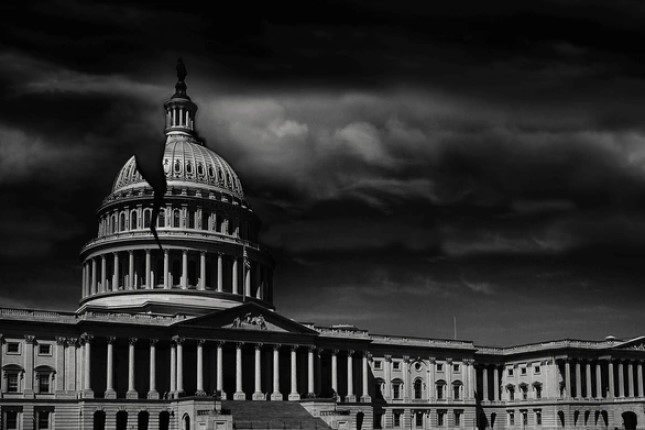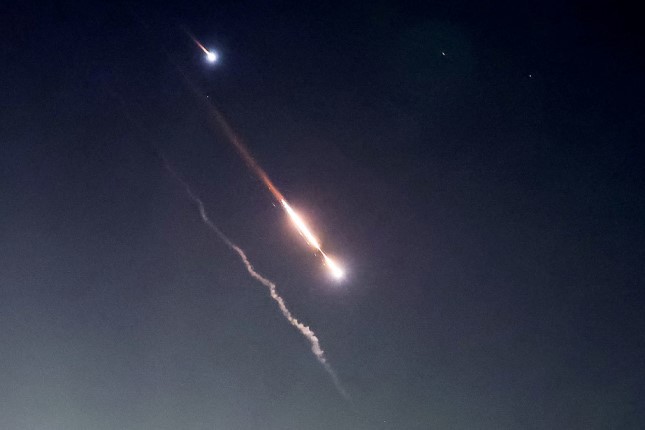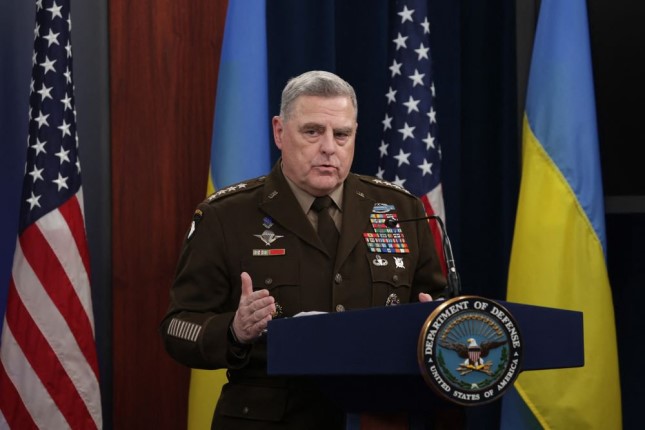This is not an entirely new phenomenon for key people in the present administration. President Joe Biden’s Director of the CIA, William Burns, can no longer hear the echo of his earlier warning that “Ukrainian entry into NATO is the brightest of all redlines” for Russia or that if that redline were crossed, “There could be no doubt that Putin would fight back hard.” Biden, himself, is no longer listening to the warning he issued in 1997 that further eastward expansion by NATO would cause “the greatest consternation” and cause a “vigorous and hostile reaction in Russia.”
In 2015, the State Department completed its review of Cuba’s listing as a state sponsor of international terrorism. Secretary of State John Kerry recommended delisting. President Obama then notified Congress that Cuba would be removed from the list. On May 29, 2015, the State Department officially removed Cuba from list of state sponsors of terrorism.
Soon after, the Trump administration put Cuba back on the list. Biden promised that he would “promptly reverse the failed Trump policies that have inflicted harm on the Cuban people and done nothing to advance democracy and human rights.” Secretary of State Antony Blinken promised that “When it comes to Cuba and when it comes to the state sponsor of terrorism designation, we have clear laws, clear criteria, clear requirements, and we will continue as necessary to revisit those to see if Cuba continues to merit that designation.”
But the State Department never did revisit it, and the U.S. government did not remove Cuba from the list despite the absence of any new evidence that Cuba belongs on it.
So, the Biden administration has continued to condemn Cuba to the state sponsor of international terrorism list against its own recommendations. The U.S. government is not listening to itself.
When it comes to Iran, it is not enough that the U.S. is not listening to the rest of the world by ignoring International Atomic Energy Agency reports verifying that Iran was completely and consistently in compliance with their commitments under the JCPOA nuclear agreement. The U.S. is also not listening to itself.
The 2022 U.S. Department of Defense’s Nuclear Posture Review concludes that “Iran does not today possess a nuclear weapon and we currently believe it is not pursuing one.” Yet the animosity, isolation and sanctions against Iran continue. As in Cuba, the U.S. is creating a hostile world by not listening to itself.
More recently, on May 10, a State Department report concluded that it is “reasonable to assess” that the Israeli military has used American weapons in Gaza in ways that are “inconsistent” with international humanitarian law. Such a conclusion should stop further U.S. transfer of weapons under U.S. law. But the conclusion of the State Department will not affect U.S. policy because Israel’s assurances under its agreement with the U.S. to use the weapons in compliance with international law were deemed to be “credible and reliable.”
The point is not whether you agree with the State Department finding or with the decision not to alter U.S. policy. It is that the decision is not being informed by the finding. Once again, the U.S. is not listening to itself.
What may be worse even than not listening to yourself is not asking yourself in the first place. National Intelligence Estimates represent the collective conclusions of the many U.S. intelligence agencies. They are crucial for informing the president’s decisions. But investigative journalist Seymour Hersh reports that “the president and his top national security aides, Secretary of State Antony Blinken and National Security Adviser Jake Sullivan, have yet to request a study that delves deeply into any of the international crises of the day: the wars in Ukraine and Gaza.”
Hersh says that the Biden administration’s failure to request National Intelligence Estimates on “the most difficult foreign policy issues” has “bewildered some veterans of the intelligence community.”
But perhaps it should not. What is the point of asking yourself questions if you no longer listen to the answers?
Perhaps the intelligence community cannot be heard because Burns, who is sent off to the Middle East or to Kyiv whenever a serious diplomat is needed, is too busy doing Blinken’s job to do his own. Or, perhaps, the U.S. no longer wants to hear the truth about the world or its place in it because it’s no longer a truth it wants to hear.
Not listening to other countries is the arrogant pursuit of global primacy. But not listening to yourself is an even more dangerous and reckless hubris.
Source: AntiWar.
































